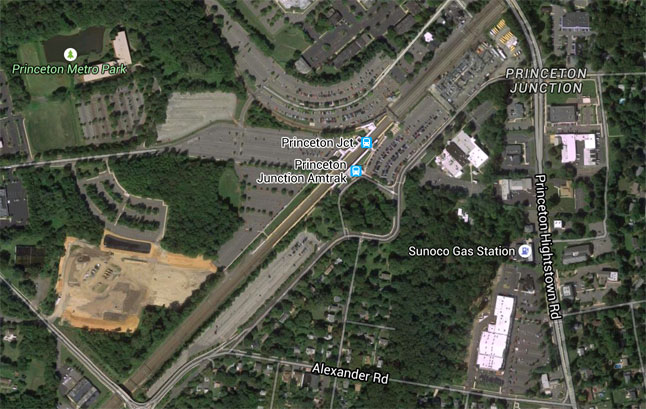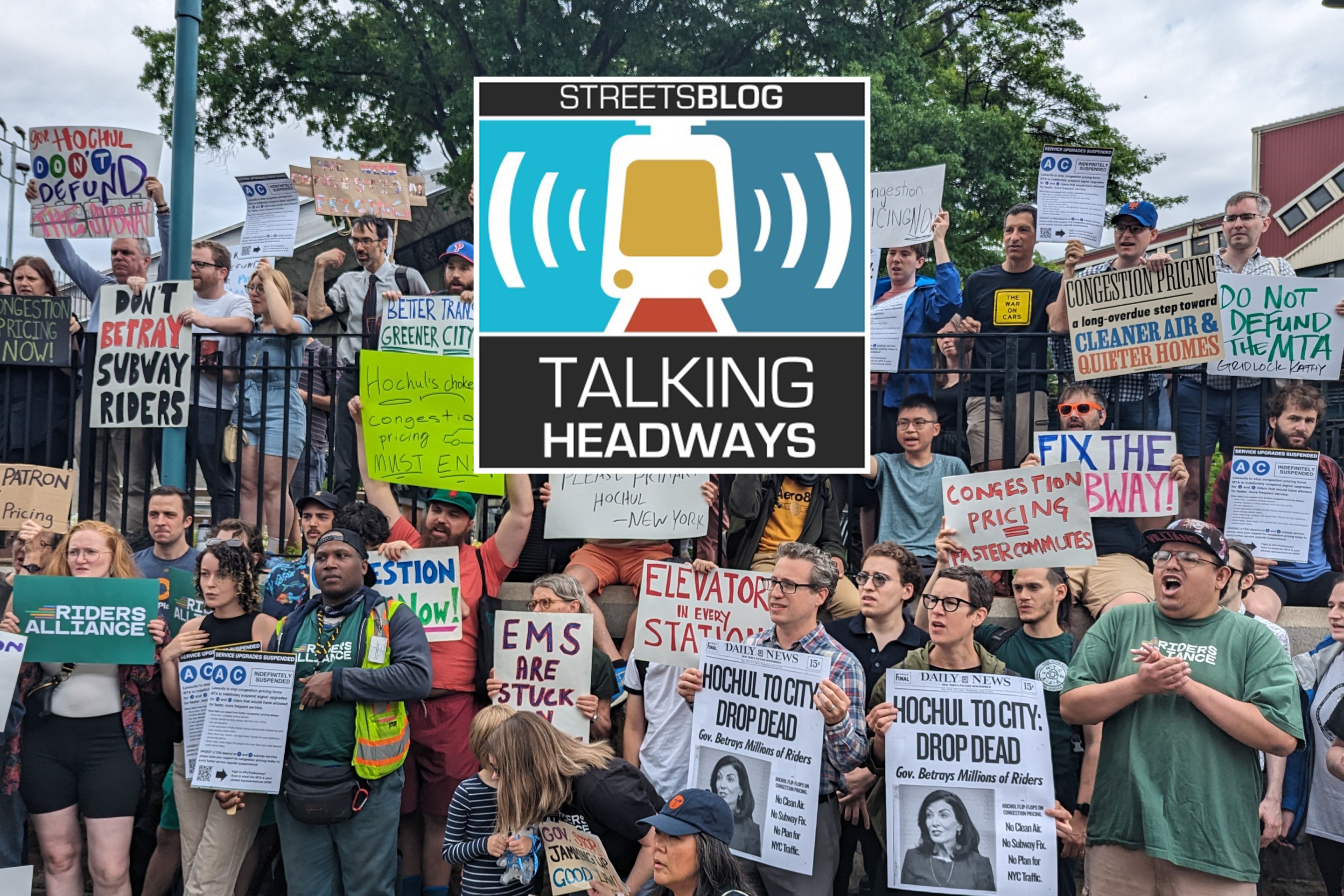
New Jersey is the most population-dense state in the country, and many residents get to work via one of its several transit systems. But too many of New Jersey’s transit stations are surrounded by single-family housing, severely limiting the number of people -- especially low-income people -- with convenient, walkable access to transit. Some entire transit lines are out of reach for people of modest means.
New Jersey Future, a smart growth advocacy group, examined the neighborhoods around all 244 of the state's rail transit stations, commuter ferry docks, and major bus terminals to get a sense of whether transit access is equitably distributed among residents.
In a new report, “Off Track? An Assessment of Mixed-Income Housing Around New Jersey’s Transit Stations,” NJ Future Research Director Tim Evans finds that transit access could be far more equitably distributed if New Jersey weren't squandering the land near stations.
In 109 of the 244 station areas he studied, Evans found a higher percentage of single-family detached housing than the statewide average. In 54 of them, single-family detached homes make up more than 70 percent of the housing stock. That kind of land use severely limits the number of people who can have convenient access to high-quality transit.
As it stands, New Jersey's transit abundance is going to waste, with nearly half its stations surrounded by spread-out housing. "The way you maximize the number of people who have transit as an option is by putting as many people within walking distance of transit as you can," said Evans. "And the way you do that is by increasing housing density, not by building a lot of single-family detached housing."
More abundant housing could also help bring heavily single-family neighborhoods into compliance with New Jersey's stringent affordable housing policy.
Interestingly, among the richest neighborhoods are the station areas with the least dense and the most dense housing stock -- single-family detached houses in Bernardsville and high rise condos on the Jersey City waterfront.
The dense places, Evans says, “are doing exactly what should be done to maximize the number of households that can take advantage of public transit,” and their challenge is different: to make sure those units aren’t all gobbled up by people who can afford market prices.





